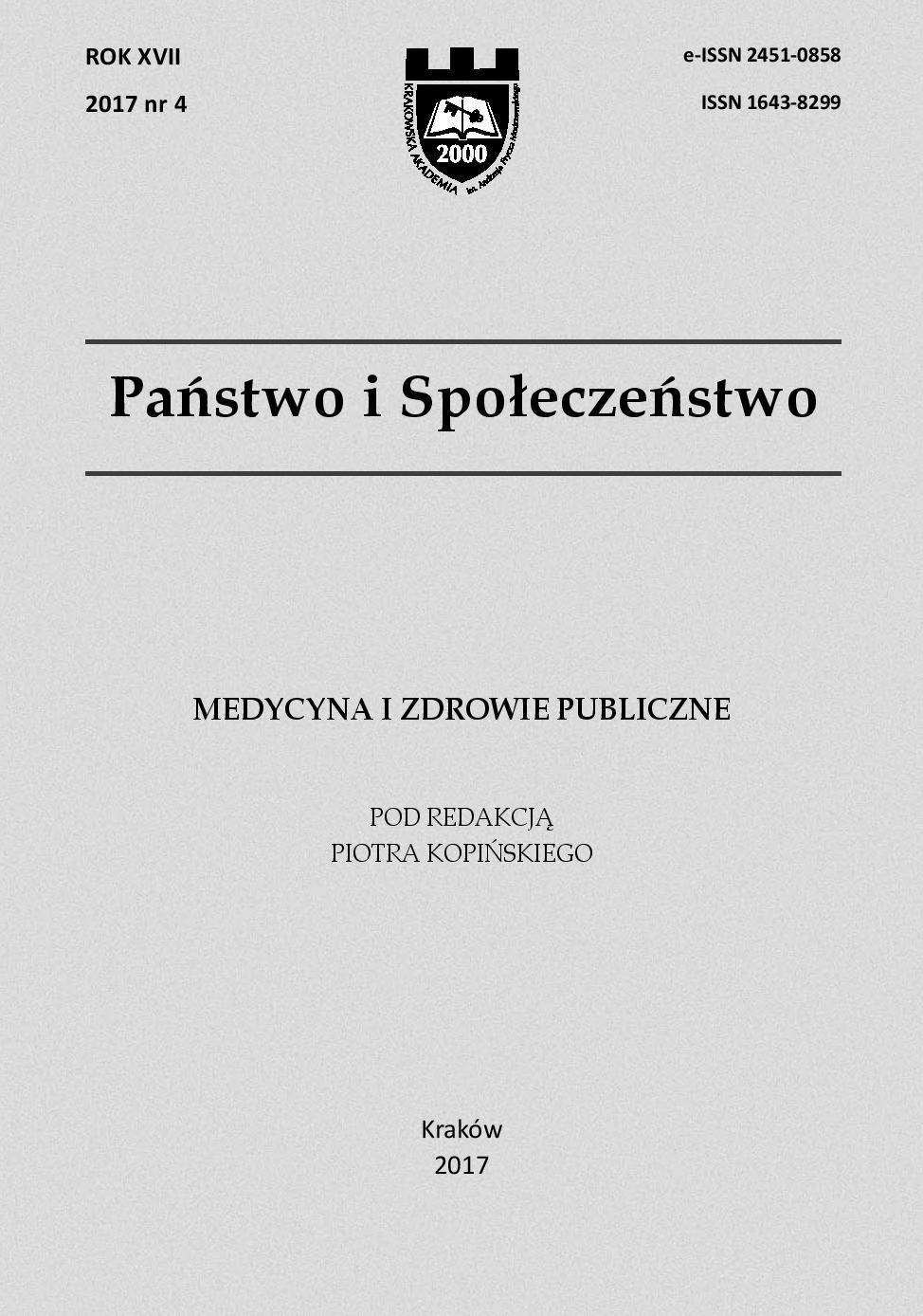Fluorochinolony. Bezpieczeństwo terapii
Fluoroquinolones: safety of therapy
Author(s): Anna Dziedzic, Sylwia Leks-Sadowska, Justyna Chronowska, Andrzej MadejSubject(s): Health and medicine and law, Welfare services
Published by: Oficyna Wydawnicza AFM Uniwersytetu Andrzeja Frycza Modrzewskiego w Krakowie
Keywords: fluoroquinolones; neuropathy; infection; Guillain-Barré syndrome;
Summary/Abstract: Fluoroquinolones (i.e. ciprofloxacin, moxifloxacin, levofloxacin, gemifloxacin) are effective, commonly used broad-spectrum antibacterial drugs. They are used in infections of the respiratory system, urinary tract, skin, and subcutaneous tissue and, even topically in ophthalmology. Unfortunately, they cause many adverse effects. The US Food and Drug Administration (FDA) states that their adverse effects outweigh the benefits of using them in patients with acute sinusitis, acute bronchitis, and uncomplicated urinary tract infection. The well-known adverse effects of fluoroquinolones include Achilles tendinopathy, tendon rupture, gastrointestinal complications, Clostridium difficile infection,central nervous system dysfunction, hepatotoxicity, hypoglycemia and hyperglycemia,QT interval prolongation, cardiac arrhythmia (including torsade de pointes) and sudden cardiac death. Nowadays, attention is drawn to neuropathies, the most severe of which is Guillain-Barré syndrome.
Journal: Państwo i Społeczeństwo
- Issue Year: XVII/2017
- Issue No: 4
- Page Range: 125-132
- Page Count: 8
- Language: Polish

